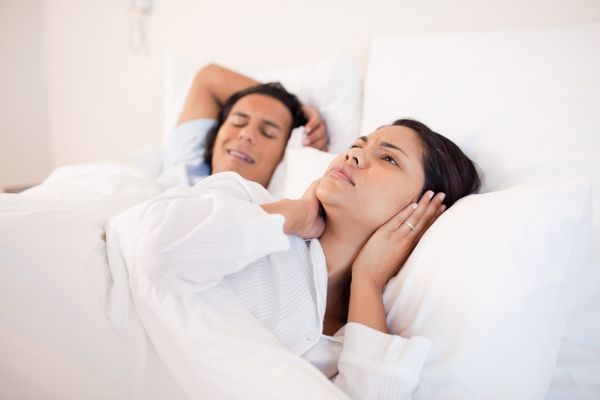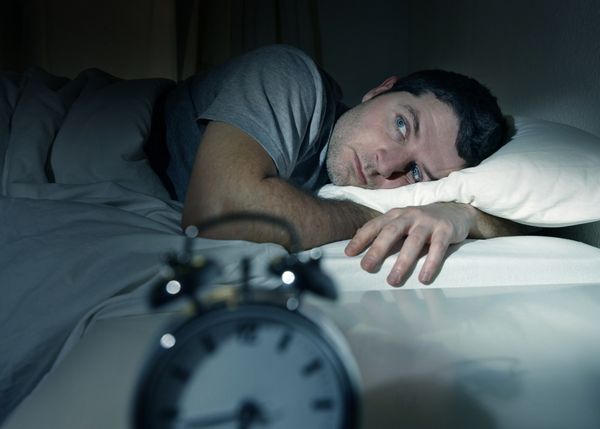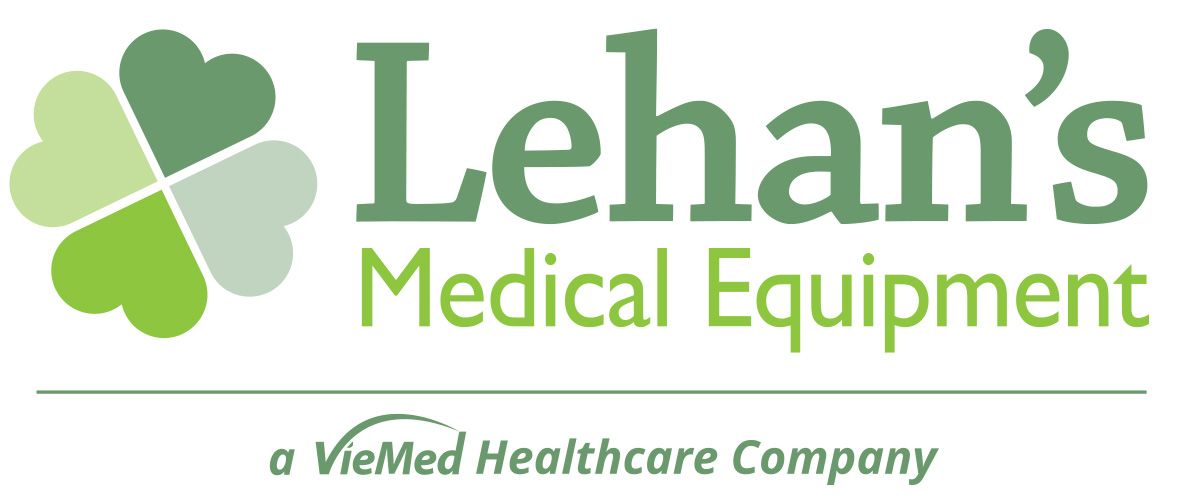Sleep apnea is one of the most common sleep disorders in the United States. Characterized by frequent breaks or pauses in breathing during sleep, eighty percent of sleep apnea cases go undiagnosed because the condition occurs while you’re asleep. If you feel like you haven’t had a good night’s rest in ages or you wake up with headaches, you may be suffering from sleep apnea. While there are many signs and symptoms of sleep apnea, below are a few of the most common.
LOCAL
MEDICAL SUPPLIES & EQUIPMENT
6 Signs You May Have Sleep Apnea


YOU SNORE LIKE A WHALE
Do you snore like a beached whale? Does your partner have to use earplugs to drown out your loud, chronic snoring sounds? Snoring is one of the most frequently cited symptoms of sleep apnea, however, many people who snore are often unaware that they do so. Snoring is produced by vibrations in the upper respiratory airways during sleep. When your airways have been blocked or restricted, snoring is likely to occur.
BREAKS OR PAUSES IN BREATHING
During obstructive sleep apnea, the fatty tissues in your throat and tongue become relaxed during sleep and fall back into your airways, restricting airflow and causing you to stop breathing momentarily. While it might not seem like much to stop breathing for a few seconds, this can actually cause your brain to wake itself up long enough to reboot your respiratory system. Even though your brain partially wakes up to correct your breathing, you still remain mostly asleep during the process. While you may not remember constantly waking up throughout the night, these tiny interruptions can have a big negative impact on your quality of sleep. Sleep apnea events can occur anywhere between five to thirty times an hour and can last anywhere between ten to twenty seconds at a time. If you’ve been told you frequently stop breathing while you’re asleep, it could be time to talk to your doctor about a sleep apnea.
At Lehan’s in Rockford, we understand how challenging it can be to deal with sleep apnea. When you visit our medical supply store, we’ll work closely with you and your physician to ensure you have all of the medical devices you need to remedy your sleep apnea. We carry a great variety of continuous positive airway pressure (CPAP) machines and bilevel positive airway pressure (BiPAP) machines that delivers a constant stream of airflow to your throat and lungs.
YOU’RE ALWAYS SLEEPY
Do you suffer from chronic sleepiness? Do you still feel tired and groggy after sleeping a full eight or nine hours overnight? If so, you could be suffering from sleep apnea. Even though you may feel like you’ve gotten ample sleep, the constant pauses and interruptions of sleep apnea can have a huge negative effect on your overall sleep quality. A very common symptom of sleep apnea is excessive daytime sleepiness (EDS). Described as a chronic feeling of overwhelming daytime fatigue, EDS can affect your ability to concentrate due to daytime drowsiness.

YOU WAKE UP WITH HEADACHES
Waking up with headaches is a common symptom of sleep apnea. When you stop breathing during the night, your brain misses out on the much needed oxygen. Low oxygen levels can initiate the widening of blood vessels and cause serious headaches. Along with daytime grogginess, headaches are among the most popular symptom of sleep apnea known.
HIGH BLOOD PRESSURE
While high blood pressure is often a sign of several other health issues, hypertension can be linked to sleep apnea as well. Sleep apnea can cause a spike in blood pressure due to the lack of oxygen in your brain. During a sleep apnea event, your body gets used to restricting blood vessels as a way to help kick start your system into breathing again.
YOU ARE OVERWEIGHT
In many cases of sleep apnea, a person’s body weight is directly linked to their pauses and breaks in breath. People that are overweight or obese are more likely to develop sleep apnea than those who maintain a healthy body weight. If your neck circumference is greater than seventeen inches for men, or sixteen inches for women, you run a very high risk of developing sleep apnea.
If you’re experiencing any of the symptoms above, it may be time to contact a sleep specialist to discuss the possibility of sleep apnea. If left untreated, sleep apnea can lead to a slew of medical issues including heart failure, diabetes and heart attacks. At Lehan’s Medical Supplies and Equipment in Rockford, we’ve helped hundreds of sleep apnea patients find the best CPAP and BiPAP machine for their condition. We’re also proud to offer regular cleaning and supply replacements so our clients never have to worry about forgetting to order their refills and staying compliant. If you’re interested in learning more about our medical supplies and sleep apnea machines, contact us today!
Where To Find Us



